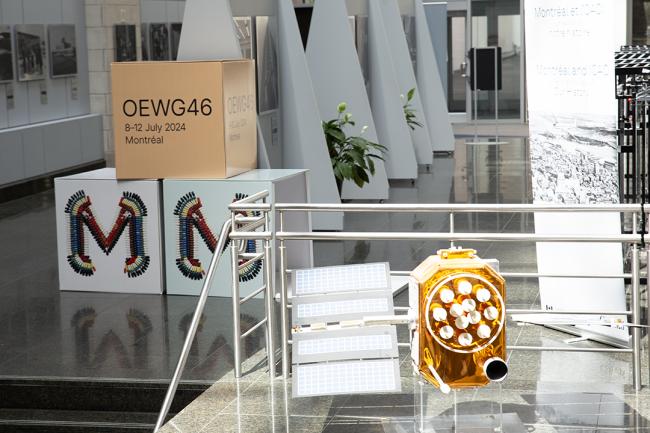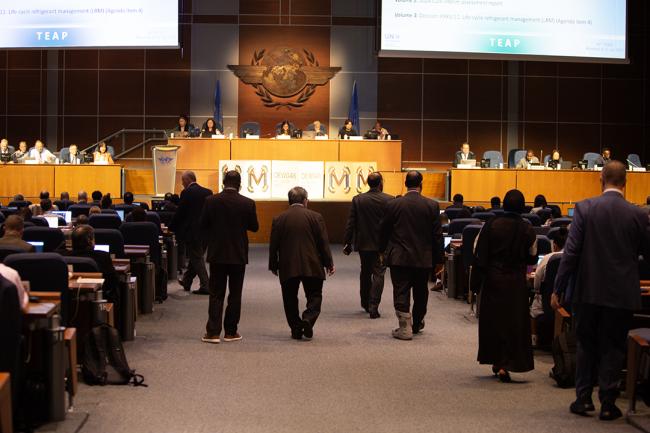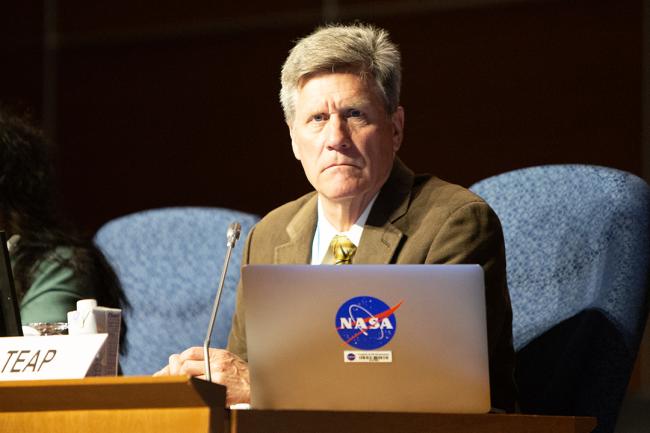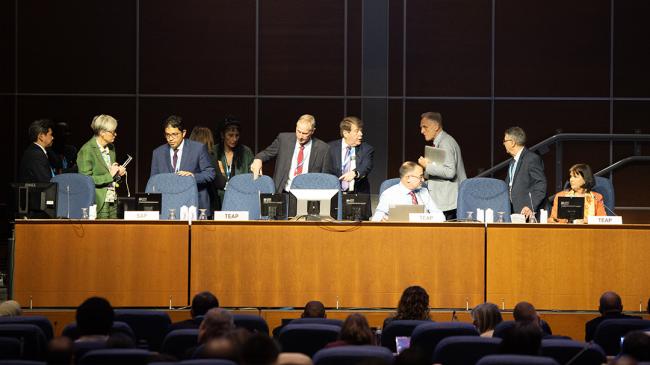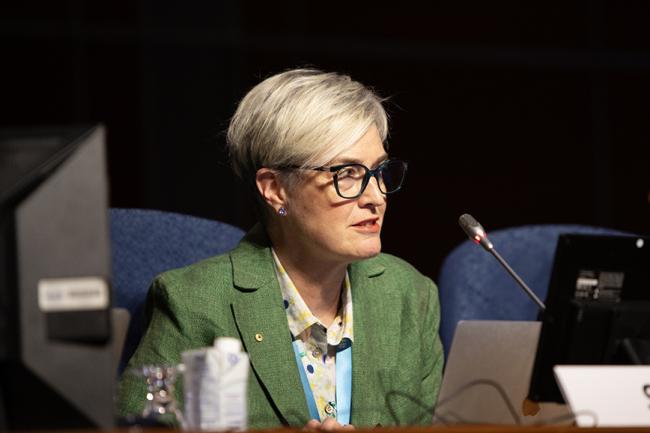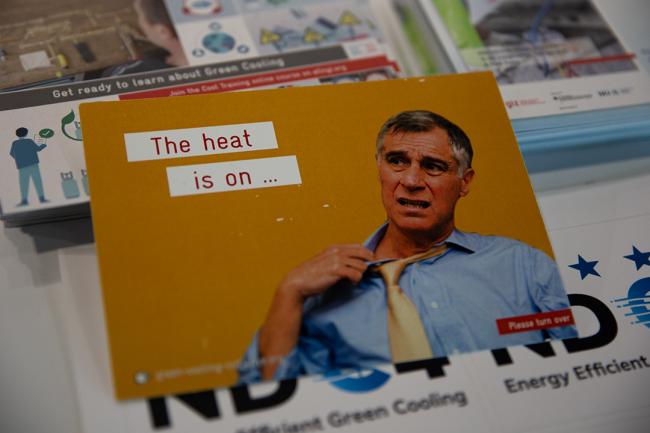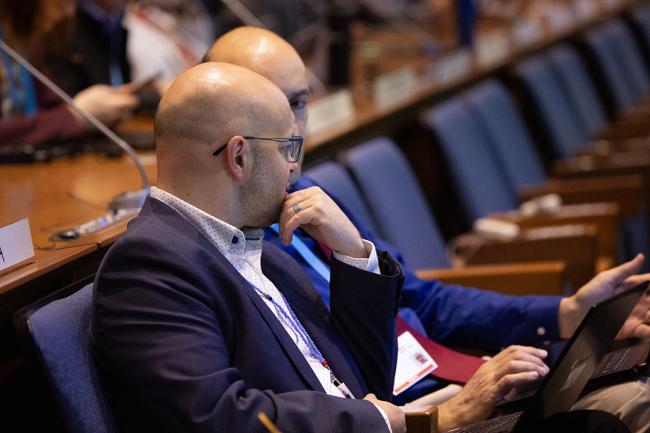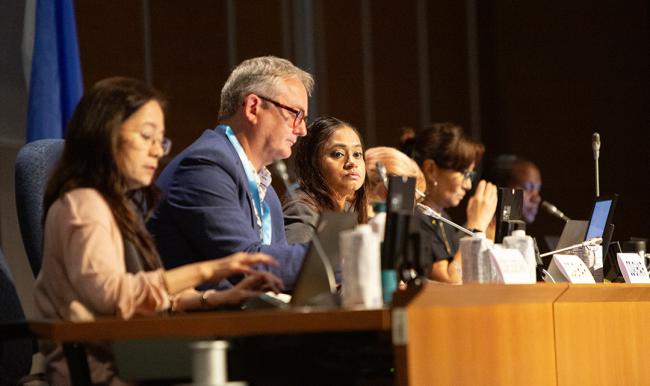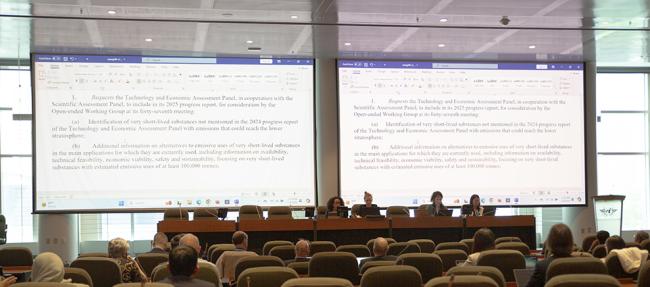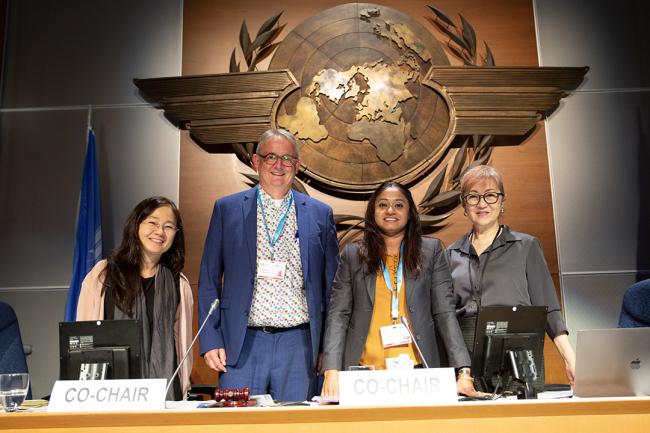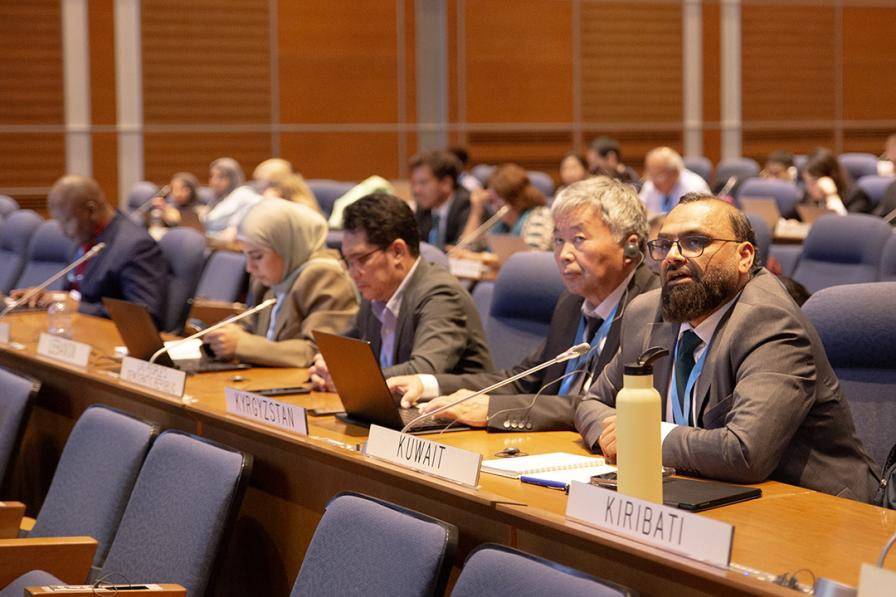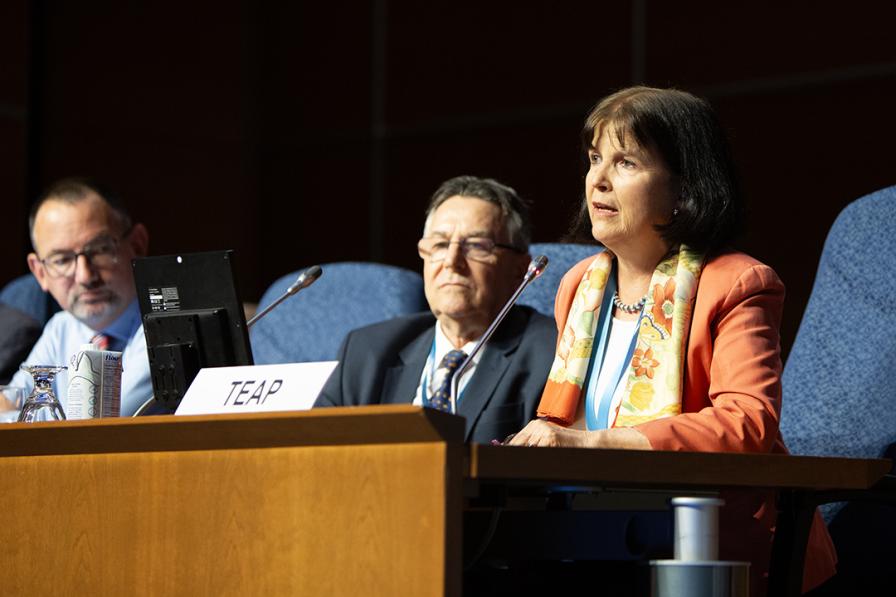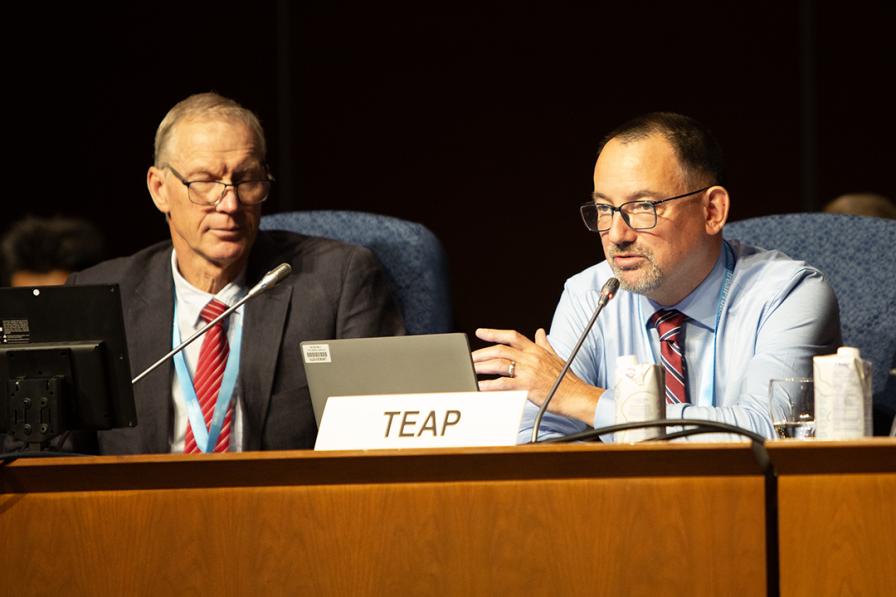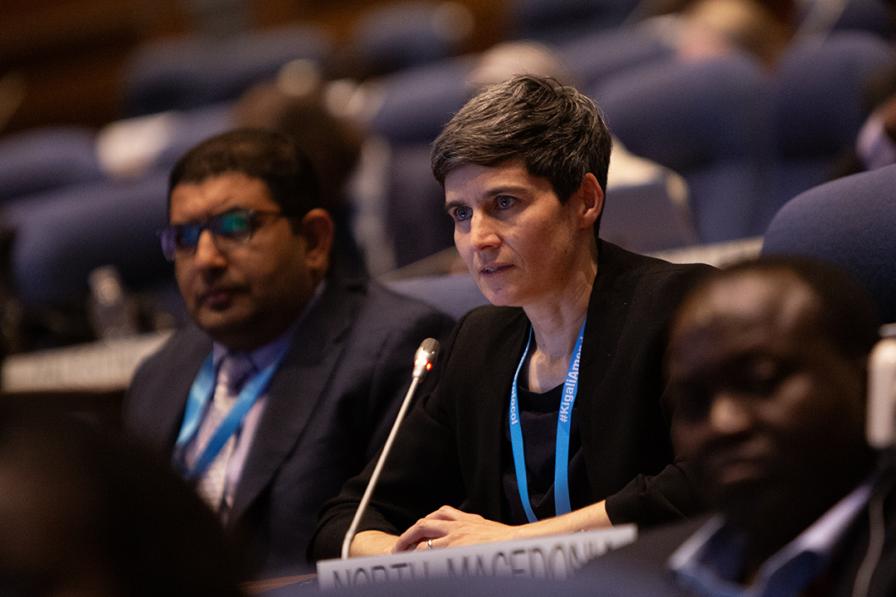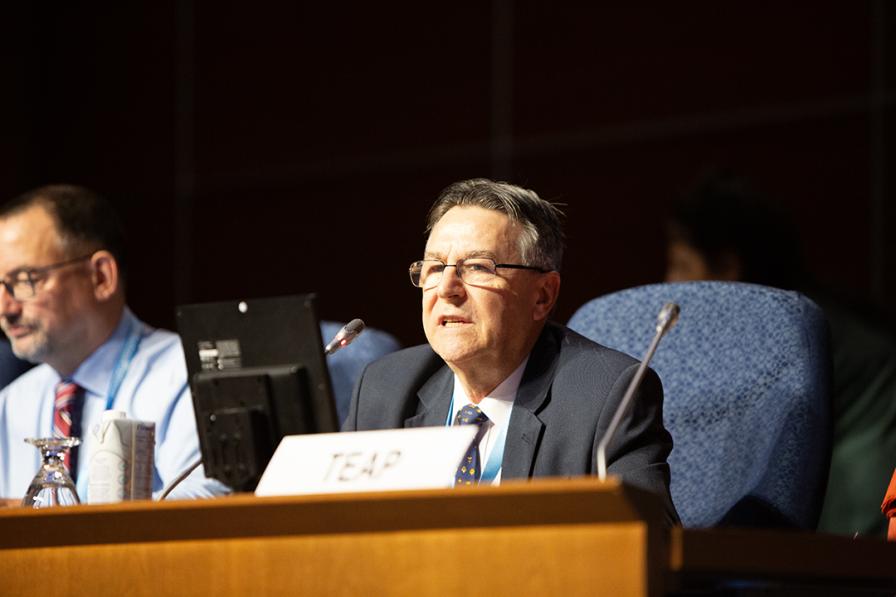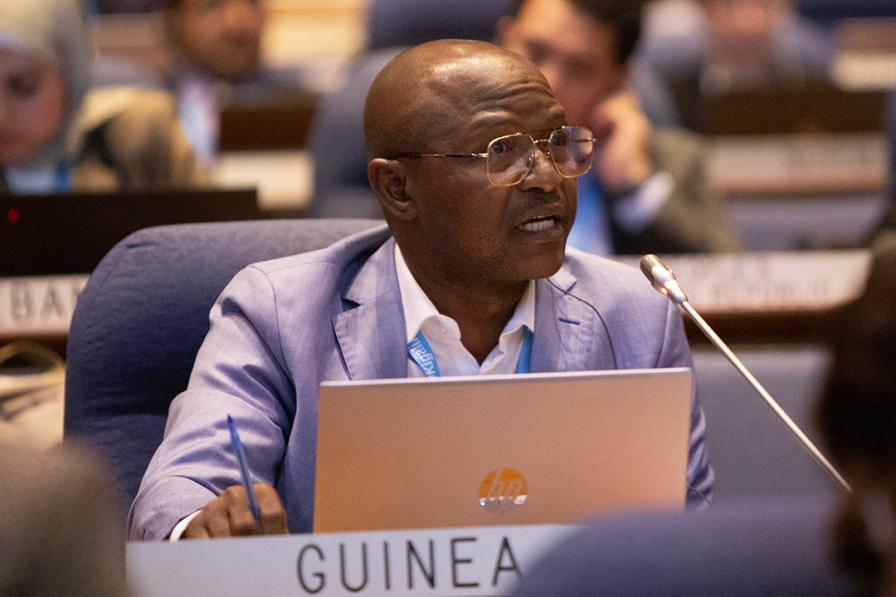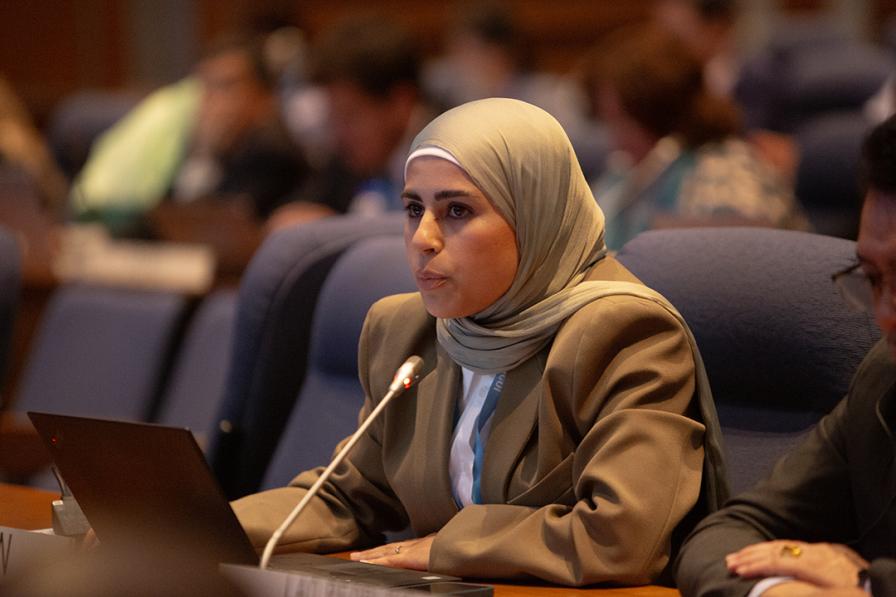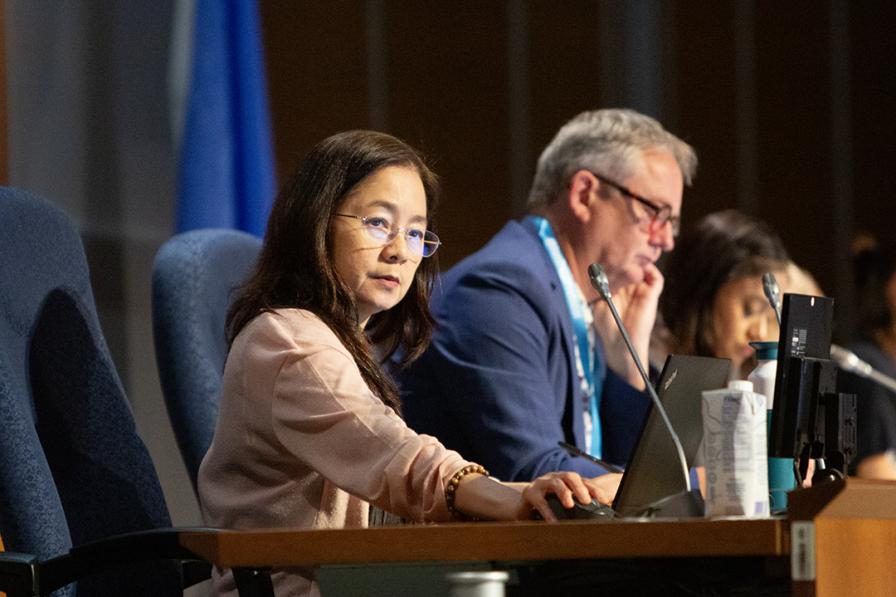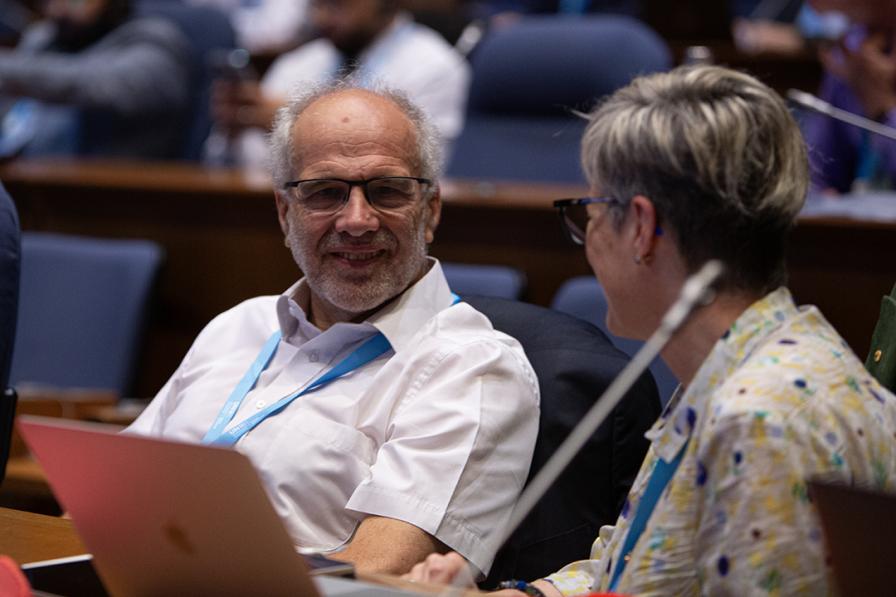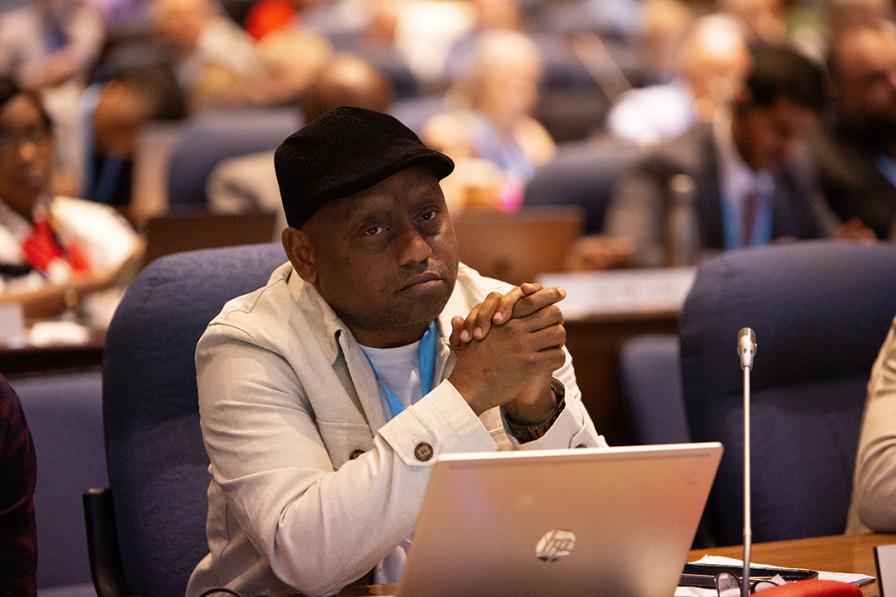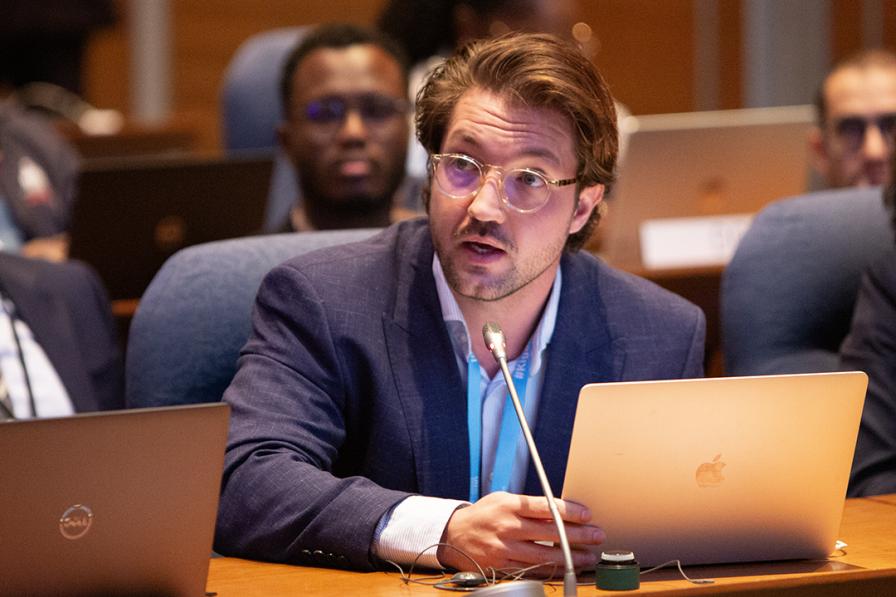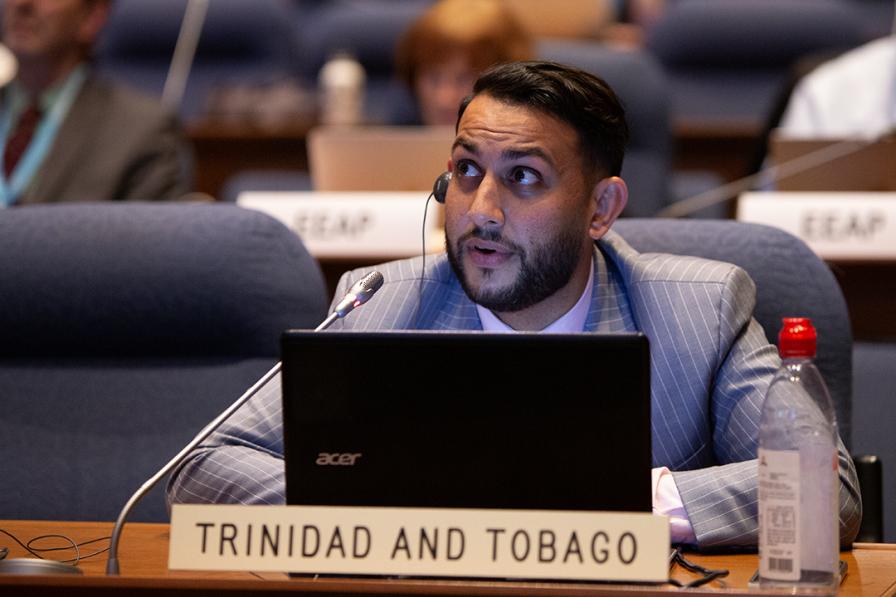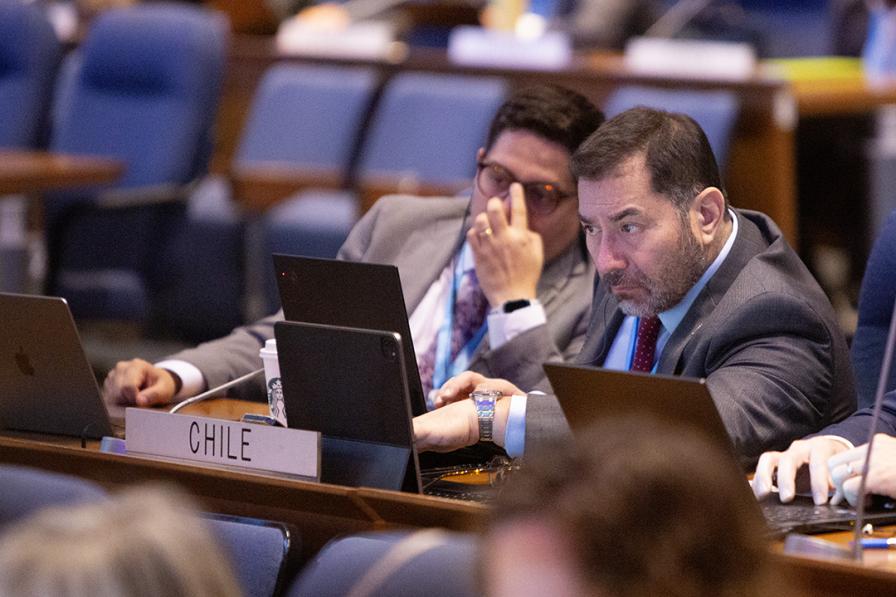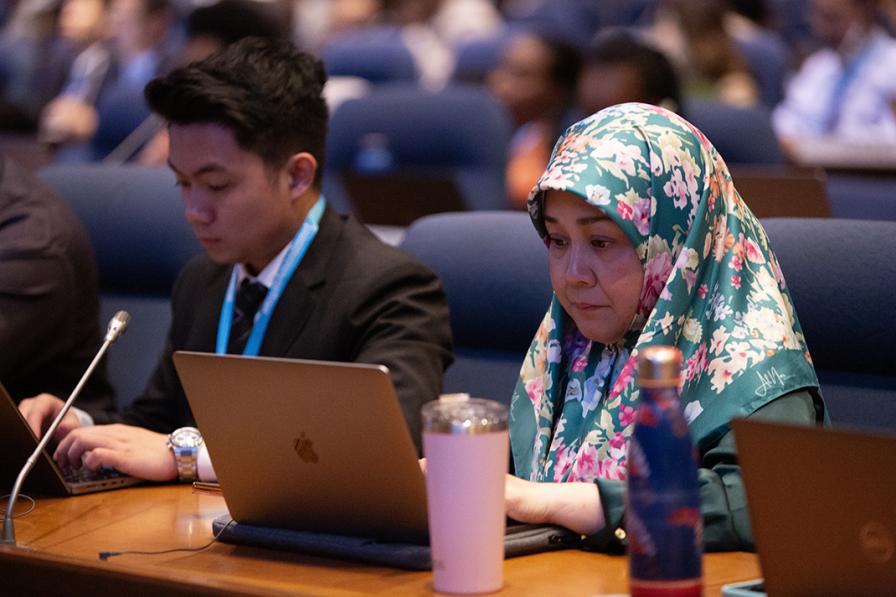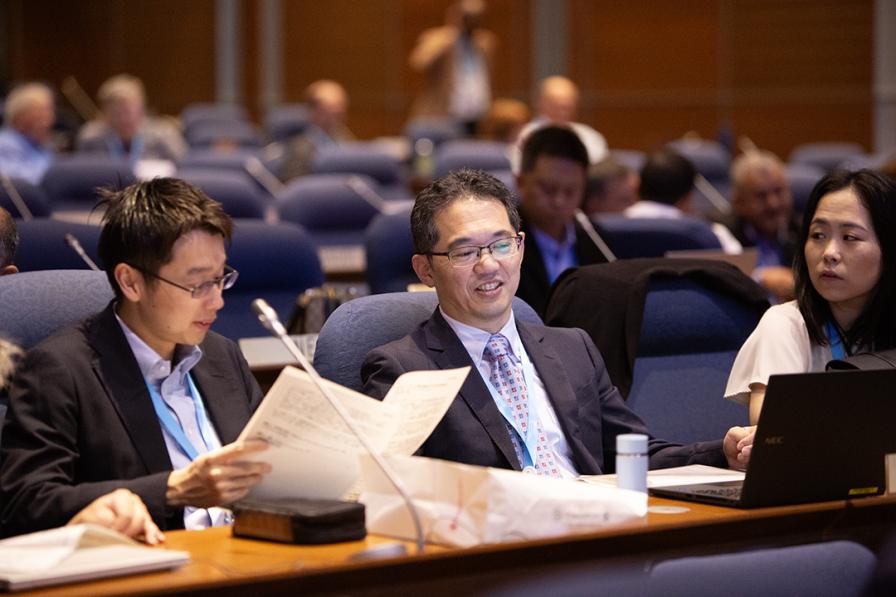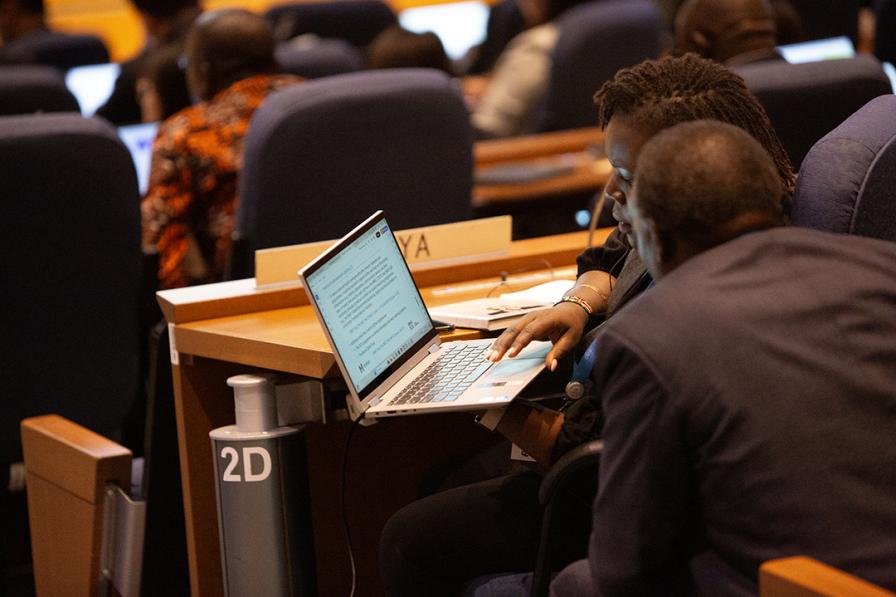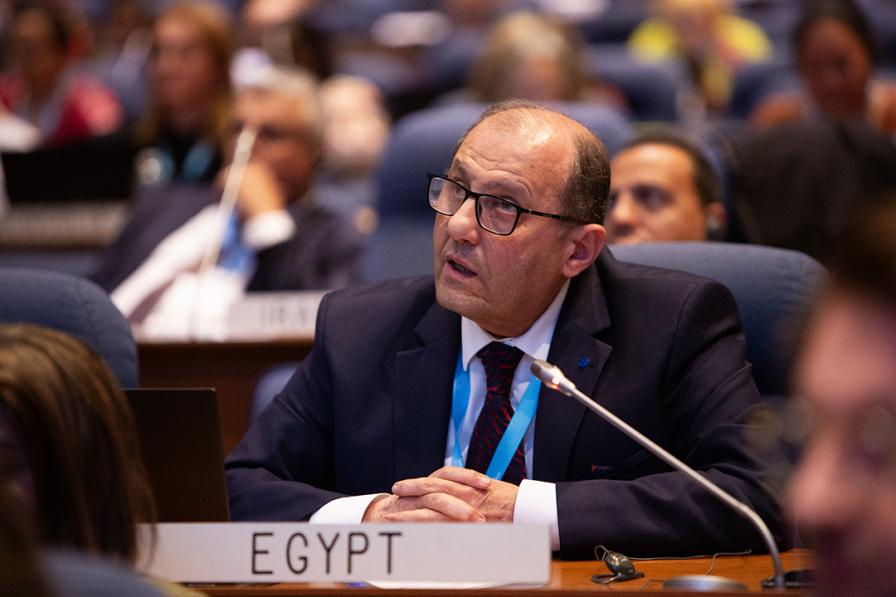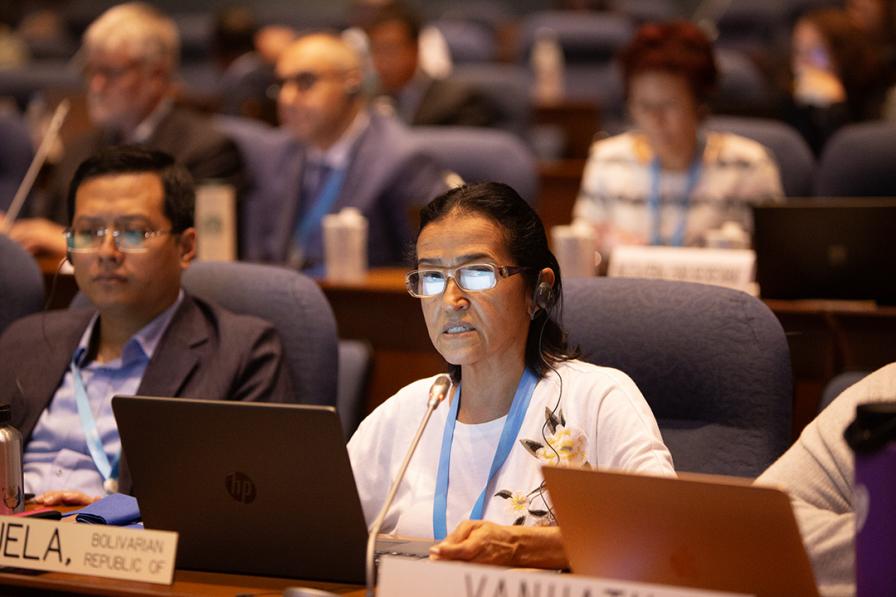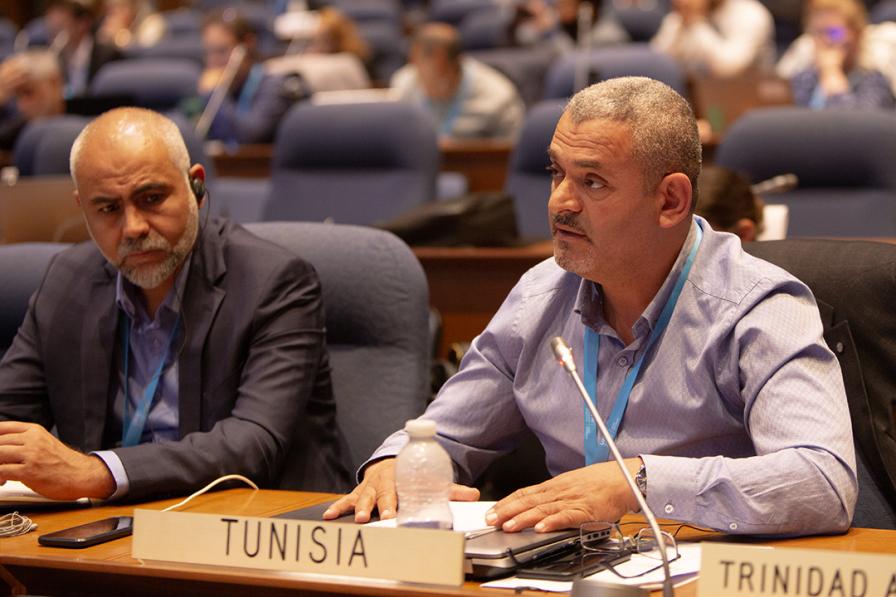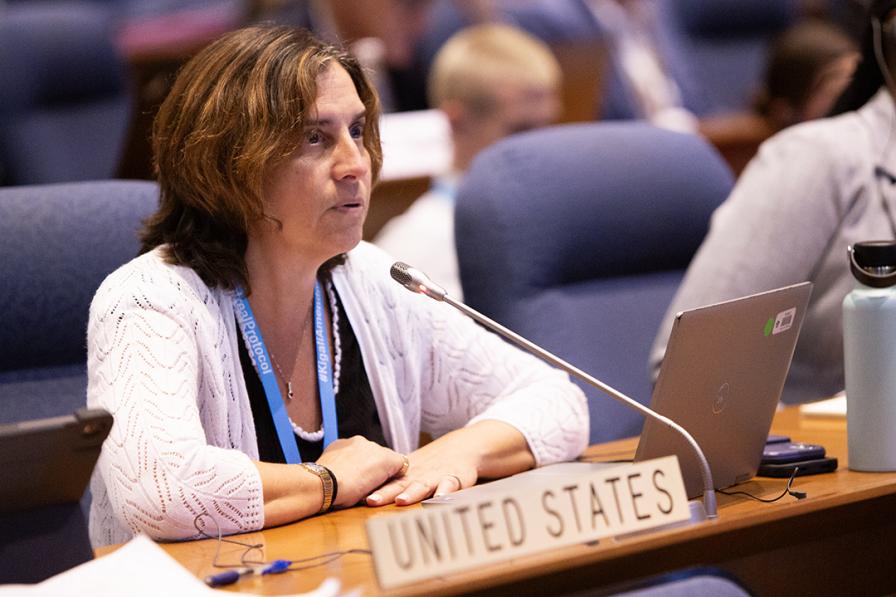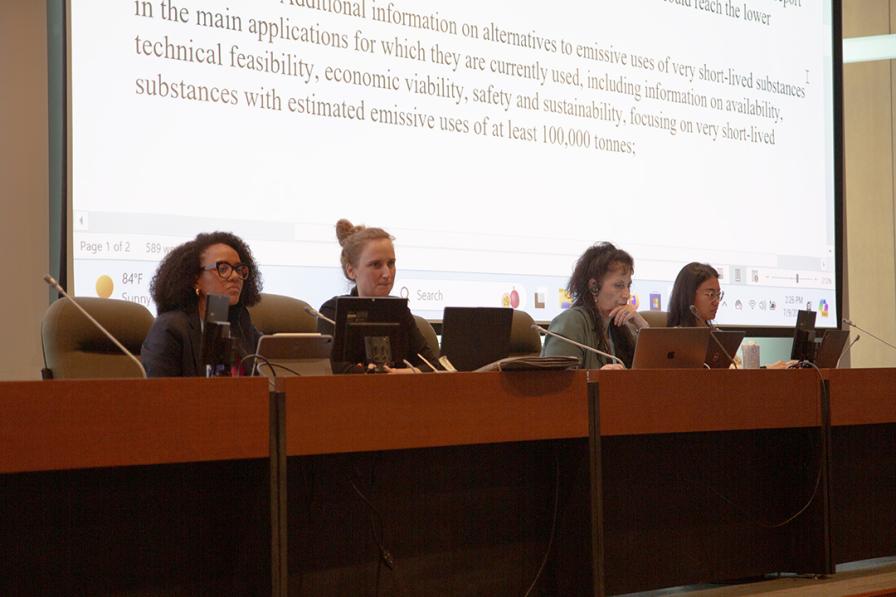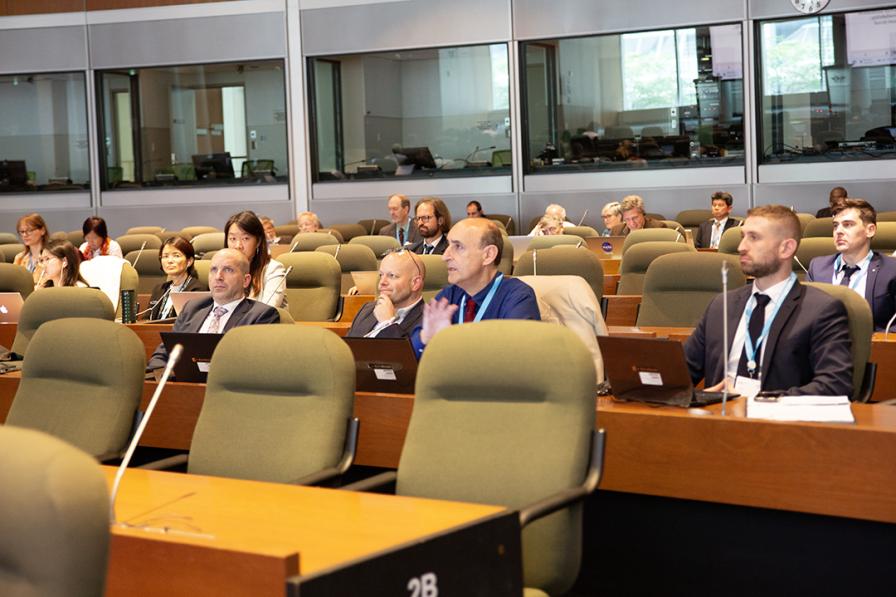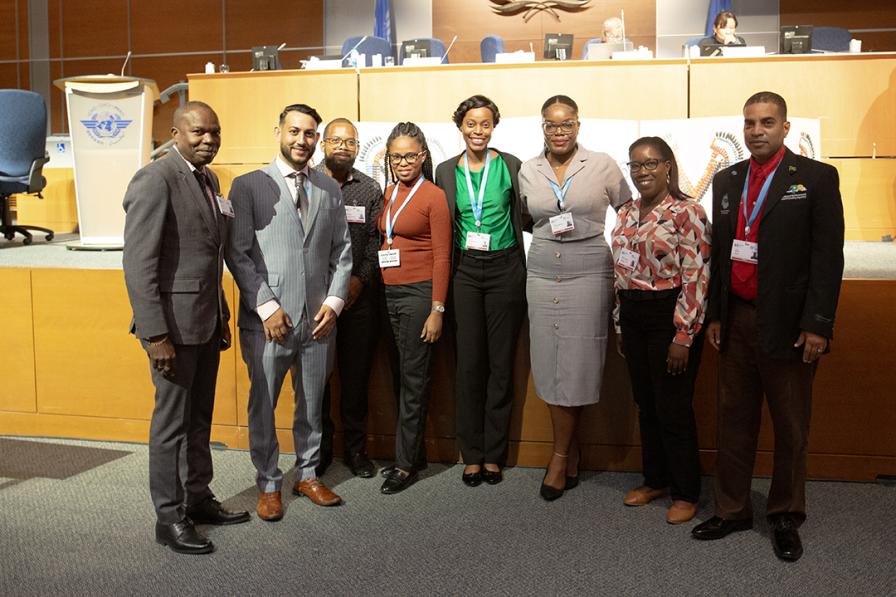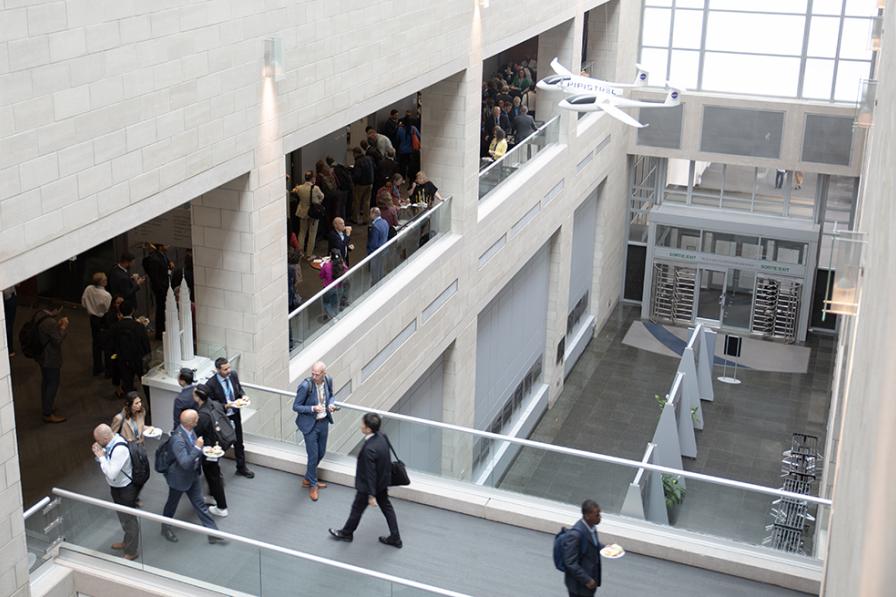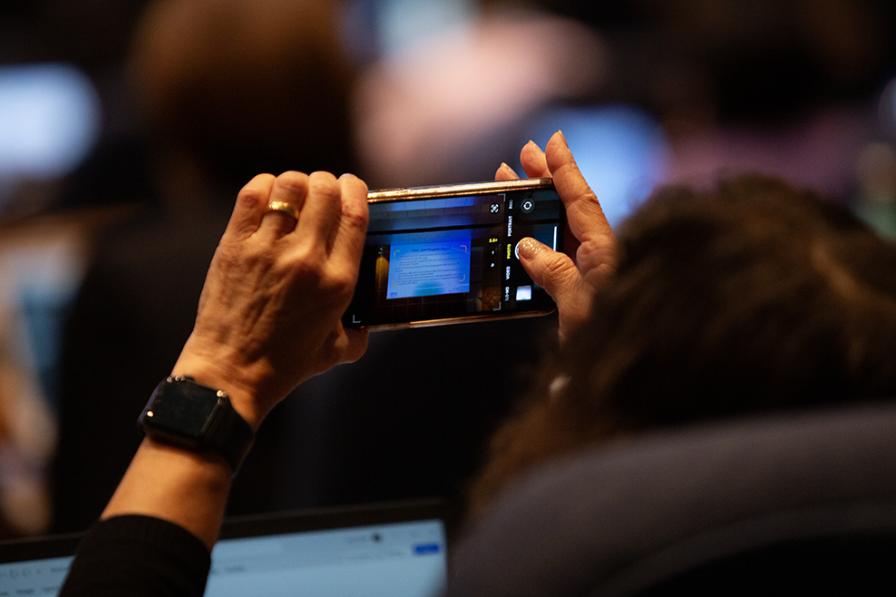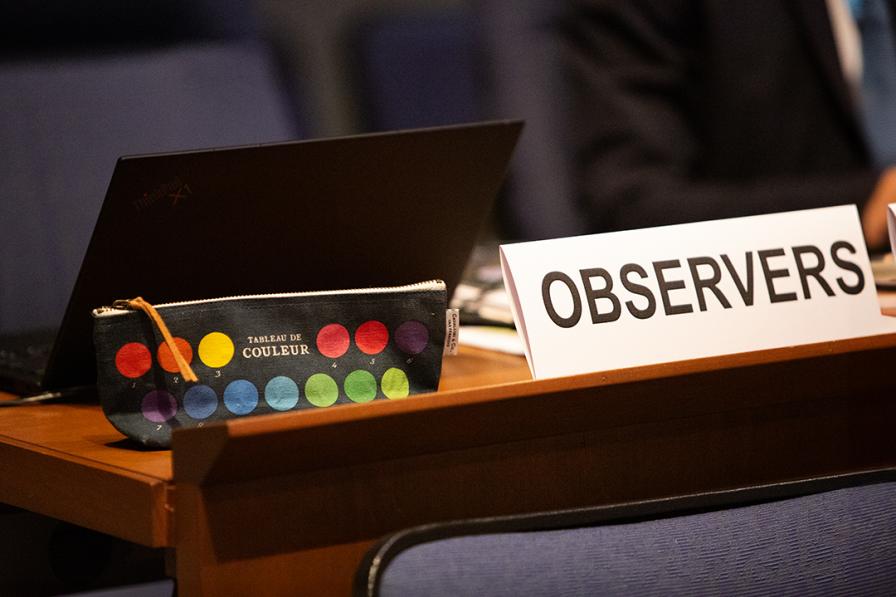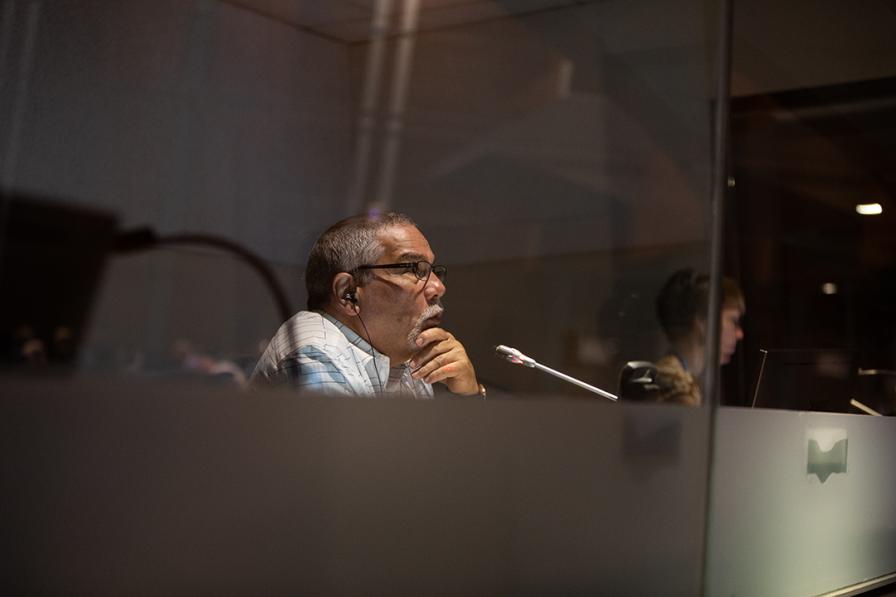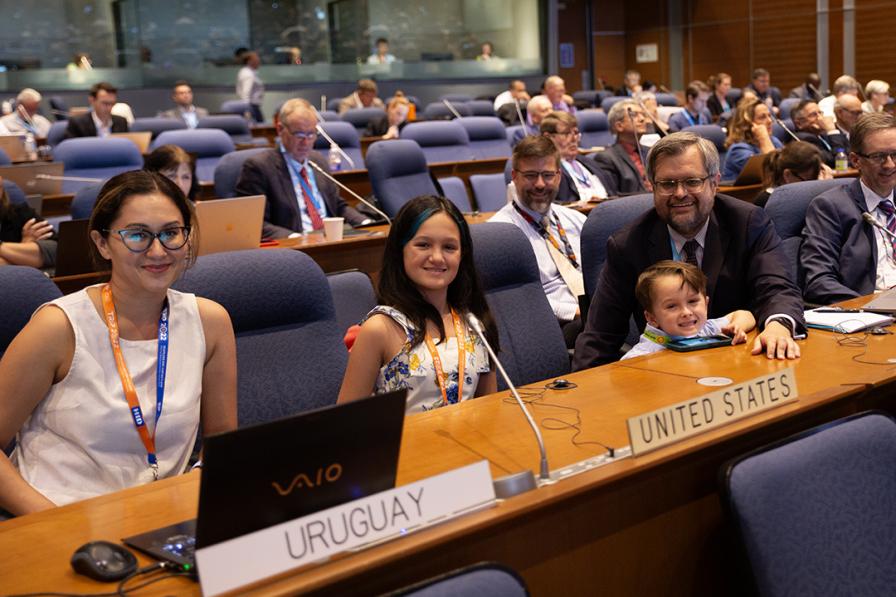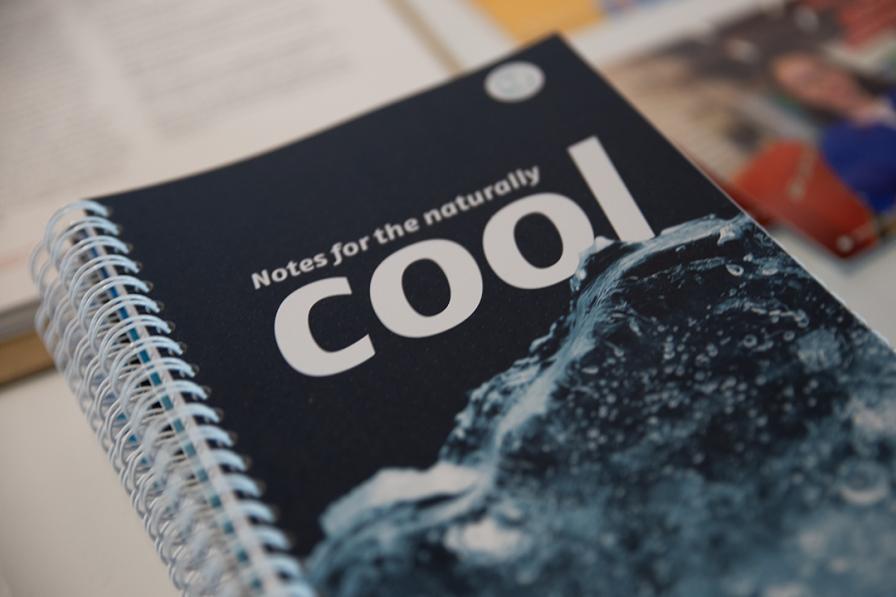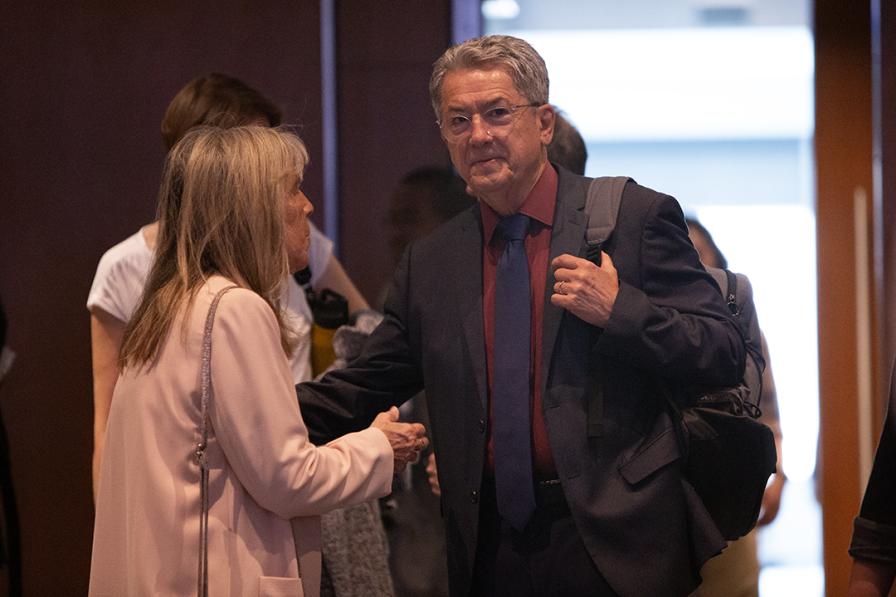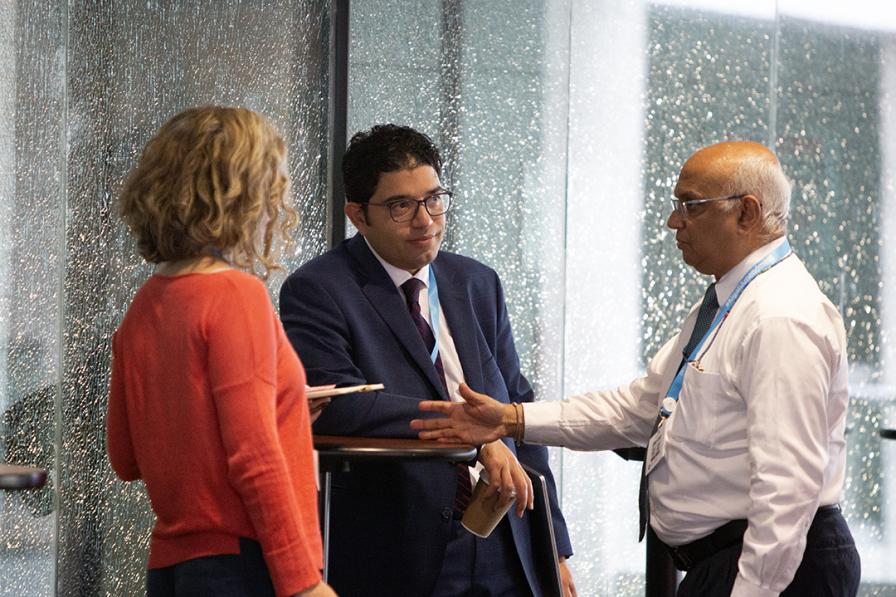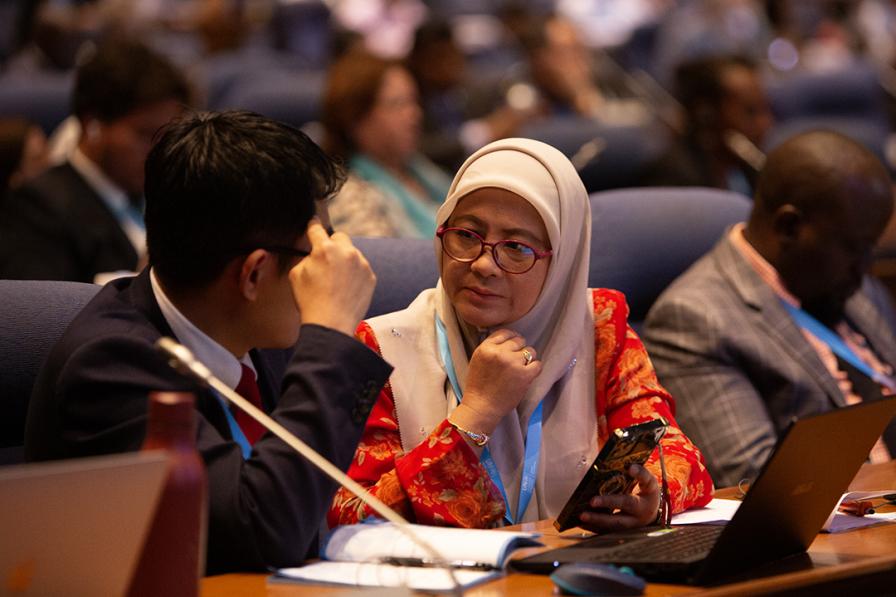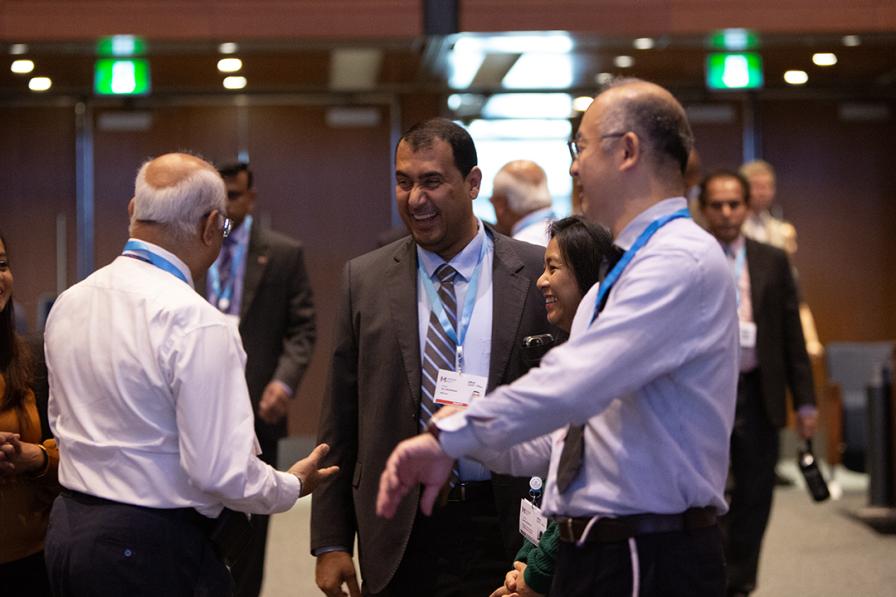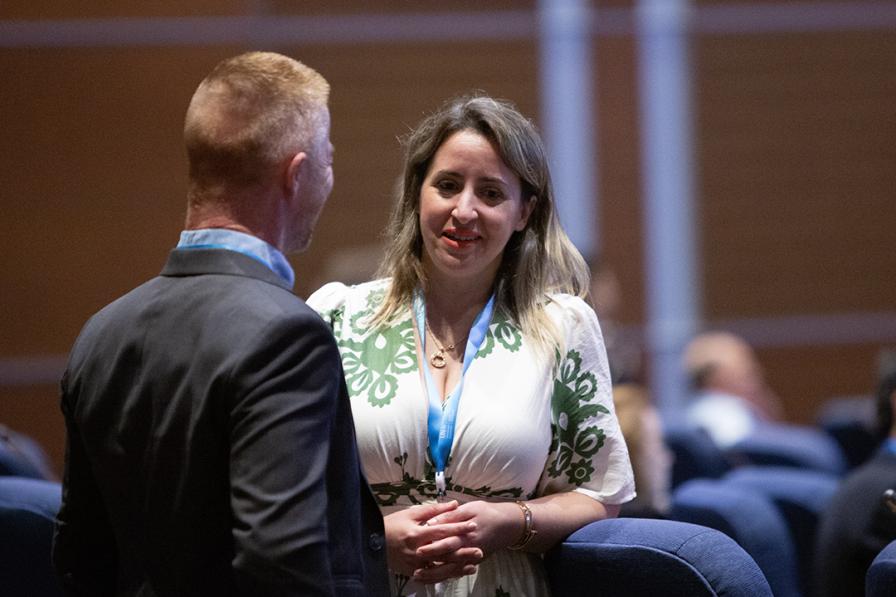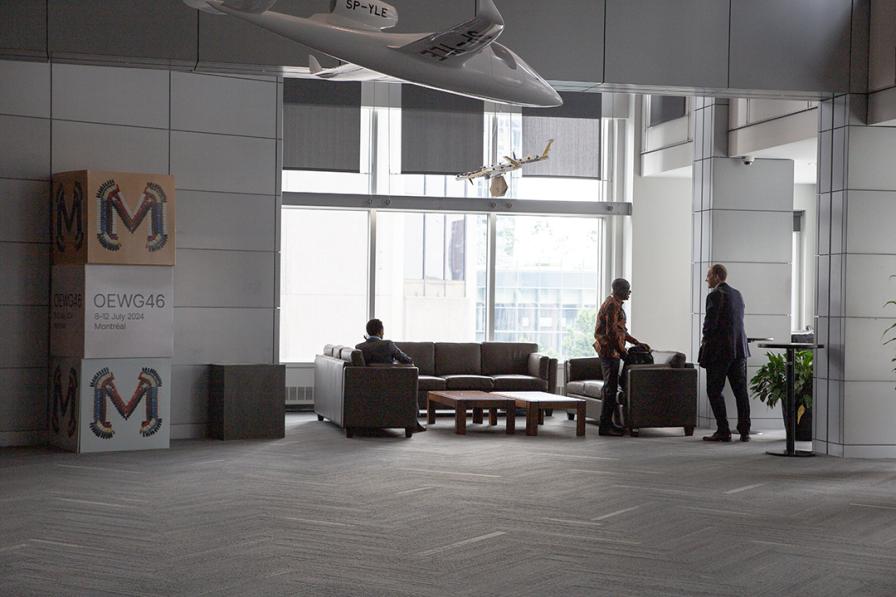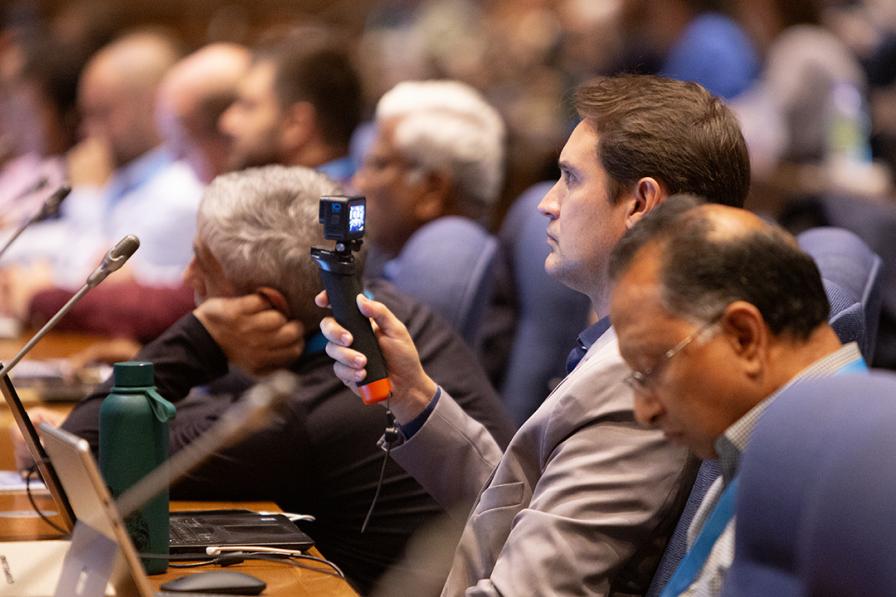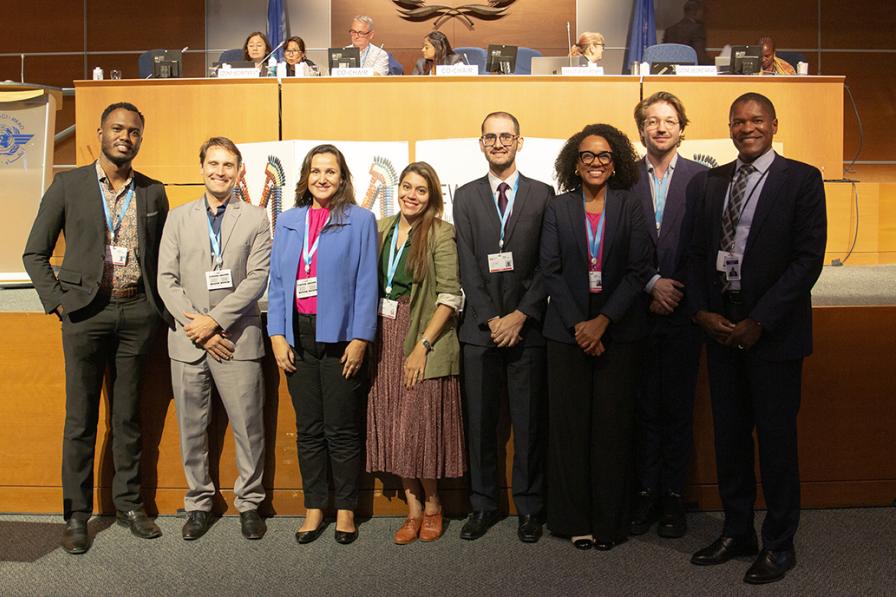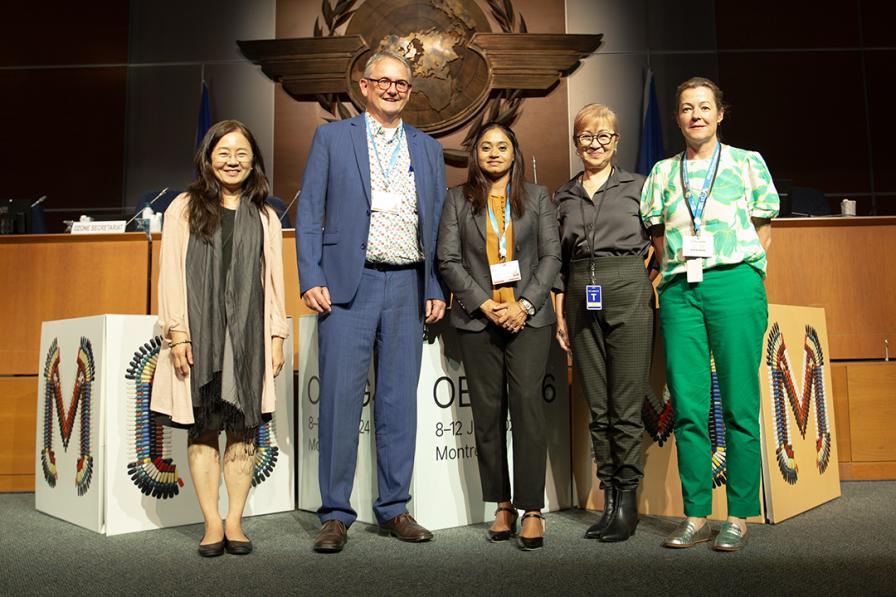For many years, parties to the Montreal Protocol on Substances that Deplete the Ozone Layer have been striving to ensure equity in global monitoring of controlled substances. Monitoring these substances is a complex and potentially expensive process. Delegates attending the 46th meeting of the Open-ended Working Group (OEWG 46) spent some time on Tuesday morning weighing the options, including how to ensure sustainable funding and reduce costs by utilizing existing infrastructure.
In their consideration of options for sustainable funding of regional monitoring capacities, a number of parties raised questions about the potential funding models presented, including a proposal to approach philanthropic organizations to finance the development of monitoring sites. The concern here is that the Montreal Protocol could lose control in such a partnership, including how the data is used. The US, Canada, and Kuwait expressed preference for accessing funds controlled by the parties to the Montreal Protocol and the Vienna Convention. Other concerns related to the wide cost range for the monitoring process, from USD 50,000 to USD 1.245 million. How much would it actually cost, and how will parties best secure the finances required for this essential task?
From all accounts, the benefits of new monitoring stations could be tremendous. Paul Newman, Steering Committee for the EU-funded pilot project on the regional quantification of emissions of controlled substances, noted a new monitoring site in Brazil would be a “goldmine” because there are no stations in South America, and a new station could provide completely new observations that have not been seen elsewhere in the world. Parties have to determine how to best establish additional global and regional monitoring sites over the next few years. At this meeting, delegates agreed to establish a contact group to address enhancing global and regional atmospheric monitoring, co-facilitated by Liana Ghahramanyan (Armenia) and Alessandro Giuliano Peru (Italy).
Delegates then heard presentations from the Technology and Economic Assessment Panel (TEAP) and the relevant Technical Options Committees (TOCs) on the 2024 Progress Report, including on foam blowing agents, metered-dose inhalers (MDIs) and other delivery systems for treating asthma and chronic obstructive pulmonary disease, the future availability of halons for fire suppression, phasing out methyl bromide, and updates on energy efficient technologies for heating and cooling.
In their discussion on energy efficiency, many countries welcomed the Multilateral Fund’s window of USD 100 million for new project proposals that promote energy efficiency while phasing down hydrofluorocarbons (HFCs), particularly in the refrigeration and air conditioning sector. Some underlined the need for technology to meet demand, given the needs of countries with high ambient temperatures to quickly transition to technologies that are energy efficient and have a low global warming potential (GWP). Others underscored the urgency of moving towards energy efficiency to combat climate change, with Grenada pointing to the devastating effects of Hurricane Beryl less than a week ago.
At the last Meeting of the Parties (MOP 35), the EU requested a discussion on the use of alternative substances in MDIs. Given that new low-GWP propellants are being introduced onto the market as early as 2025, the EU proposed that the parties should support the relevant approval processes, work together for a smooth transition, and ensure accessibility and affordability of these alternatives. Some parties, including India, Cuba, the US, and Canada, expressed interest in exploring this topic, but were concerned that such discussions may be premature.
The contact group on very short-lived substances (VSLS), co-facilitated by Bruna Veríssimo Lima Santos (Brazil) and Heidi Stockhaus (Germany), met over lunch. Discussions will resume in plenary and in contact groups on Wednesday.
All ENB photos are free to use with attribution. For this event, please use: Photo by IISD/ENB | Angeles Estrada Vigil
To receive free coverage of global environmental events delivered to your inbox, subscribe to the ENB Update newsletter.

